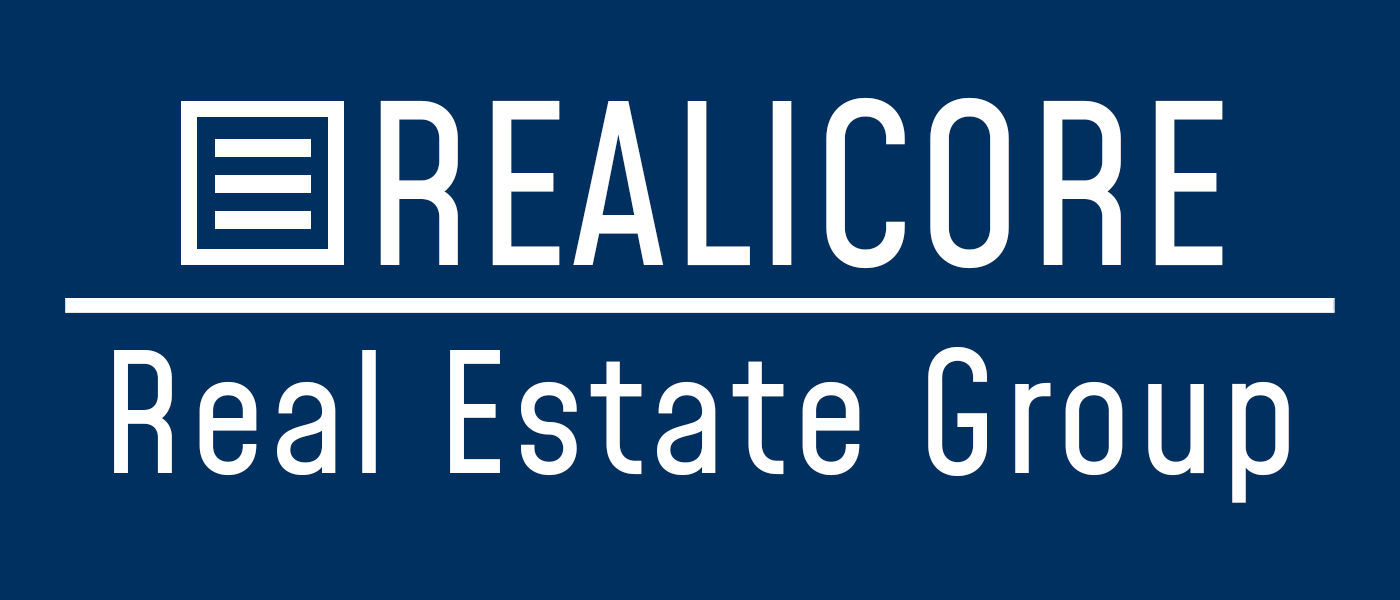As a property owner, what can you write off to save on your taxes?
Whether you are a full-time real estate investor or a novice, we all dread tax season. Taxes on personal income can be confusing and complex, especially when you own one or more investment properties. To help save you the headache that comes with reporting your investment property income during tax season, Realicore Property Management keeps detailed records, and can provide you with a profit and loss statement at the end of each year that can then be handed over to your accountant for a seamless, stress free, tax experience. Profiting on rental income and creating long-term passive cash flow is a top priority for real estate investors. One of the major benefits of being a real estate investor is the ability to write off certain expenses on your taxes. Realicore Property Management is dedicated to saving our clients money and making the process as simple as possible.
First of all, let’s talk about what income you must report and then we will discuss what you may be able to write off on your taxes. You must report all rental income, even rent that you collect in cash. This includes regular monthly rent as well as any advanced rent. Advanced rent is any rent collected before the period that it covers. This can include security deposits that are used in place of the final month of rent. However, if you plan on giving the security deposit back to the tenant, then it would not be considered rental income. As a property owner, I’m sure you know that sometimes things don’t go as planned. So if you end up having to keep a portion of the security deposit because the tenant does not live up to the terms of the lease, then the portion of the security deposit kept is considered rental income and should be reported as such. Another unusual circumstance that might occur, is when a tenant chooses to end their lease sooner than expected. In this case, a tenant will usually pay a penalty to end the lease. This penalty fee does count as rental income and should also be reported when doing your federal taxes as well.
So what expenses can you plan to actually write off and more importantly, what cannot be written off? You can plan on deducting mortgage interest, property taxes, operating expenses, depreciation, and repairs. You can also deduct the costs of some materials, supplies and maintenance needed to keep your property in good operating condition. This does not include improvements to the property. Improvements are considered anything that betters or restores a rental property for a new or different use. The cost of improvements can be recovered through depreciation when filing your taxes.
You can follow all of these guidelines, but if you don’t keep good records, including detailed receipts, then that can put you in a bad position if you end up getting audited. When an audit occurs, the IRS will require detailed receipts and accounting to substantiate your write offs. If these claims cannot be substantiated, then fees and other penalties may apply. To ensure that you’re reporting your rental income and expenses correctly, and to ensure that you get the most deductions possible, make sure that you keep your records, or use a well respected property management company such as, Realicore Property Management, who can handle the record keeping while you relax knowing that we are keeping track of your rental income and maintenance expenses.
Disclaimer: Because this article discusses taxes, we include a disclaimer. Everyone’s tax situation is different and this article may not apply to you in any way. Before using any of the information in this article, please discuss with your tax professional or accountant. If you are reading this article past the publication date, State and Federal tax laws may have changed. In no way should you base a decision on your taxes or on your properties on the information in this article without first consulting with your tax professional or accountant. This article is informational only and we are not giving advice directed to anybody specifically.

